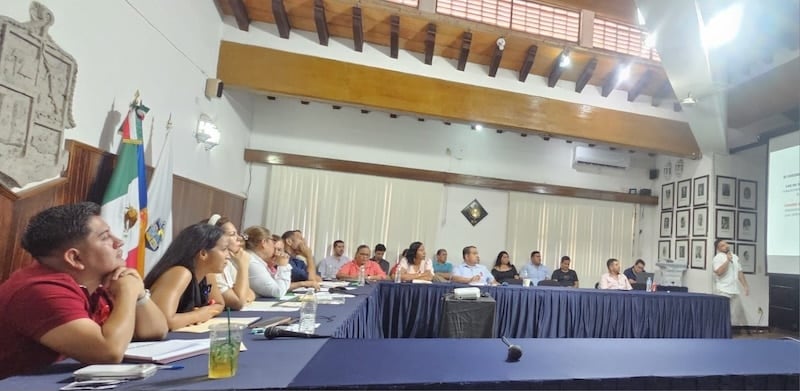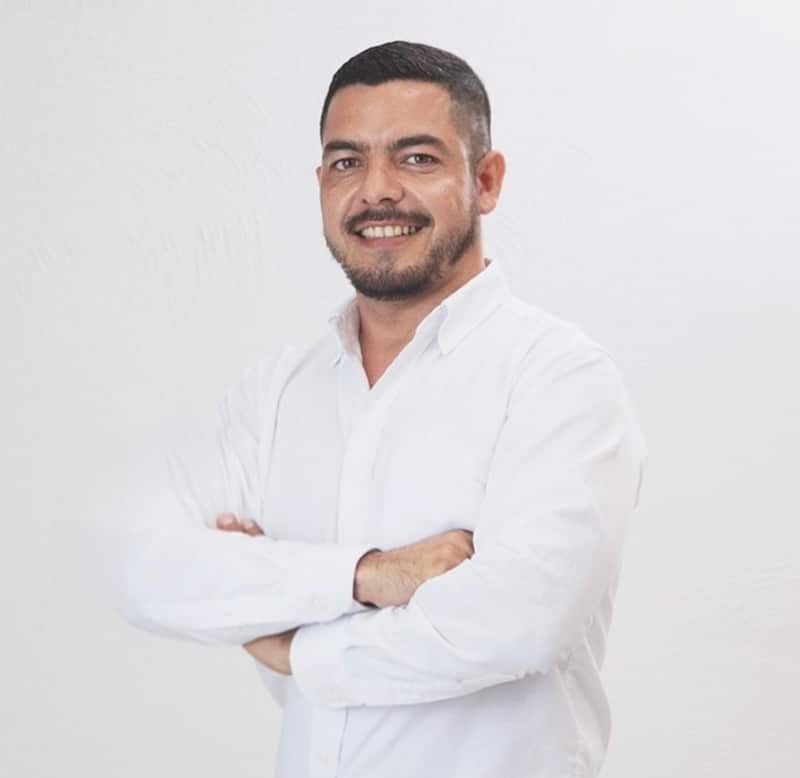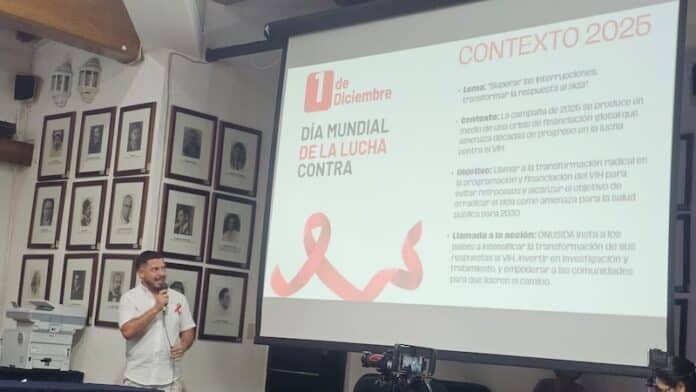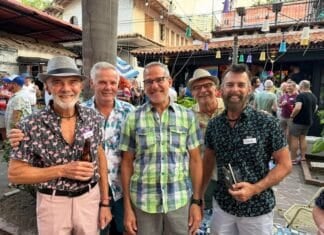Esta publicación también está disponible en: English Español
The Municipal Committee for the Prevention of Acquired Immunodeficiency Syndrome (COMUSIDA) has presented its annual work plan, a robust and integrated proposal aimed at strengthening the municipal response to HIV. The presentation was made by COMUSIDA’s Director, Eng. Alfredo Soria Soto, during a session of the City Council Commission on Health and Addiction Prevention held on November 21, 2025.
Eng. Soria Soto was appointed head of this public health organization by the Municipal Government in late October 2025, after local activist questioned the absence of this leading figure for some time. During the meeting with local authorities, Alfredo Soria detailed that the strategic framework of the plan rests on six key pillars:
- HIV/STI Prevention and Control
- Inter-institutional Coordination
- Promotion and Outreach
- Care and Support Services
- Citizen Participation
- Resource Management


Each pillar outlines specific programmatic activities, community actions, educational campaigns, and essential collaborations with health institutions, all with a clear focus on reaching key populations.
Institutional Needs for Effective Implementation
The presentation also highlighted the critical institutional requirements necessary to carry out the plan effectively:
- Personnel Expansion: Increasing the current staff roster.
- Mobile Units: Allocating mobile units for outreach brigades in hard-to-reach areas.
- Facility Rehabilitation: Renovating and improving COMUSIDA’s physical installations.
- Internal Regulation: Drafting and approving the organization’s Internal Regulations.
- Community Involvement: Strengthening community participation, crucially including the integration of people living with HIV in decision-making processes.
The City Health Commission, chaired by Q.F.B. María Laurel Carrillo Ventura, acknowledged the significance of the document. Members stressed the necessity of providing institutional reinforcement to COMUSIDA to ensure the municipality can sustain a robust, dignified, and human-rights-based response to the ongoing challenge of HIV.
Esta publicación también está disponible en: English Español















